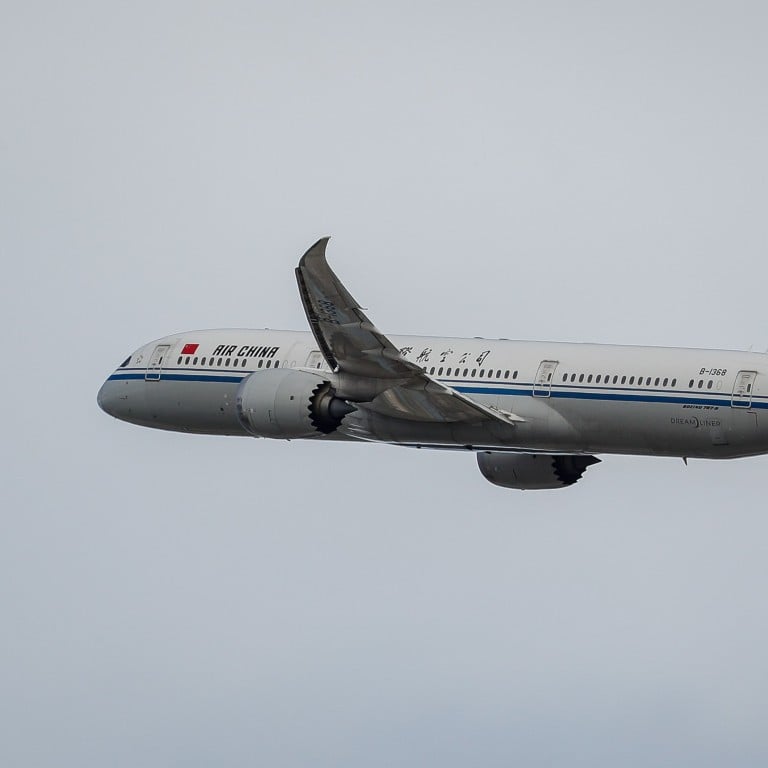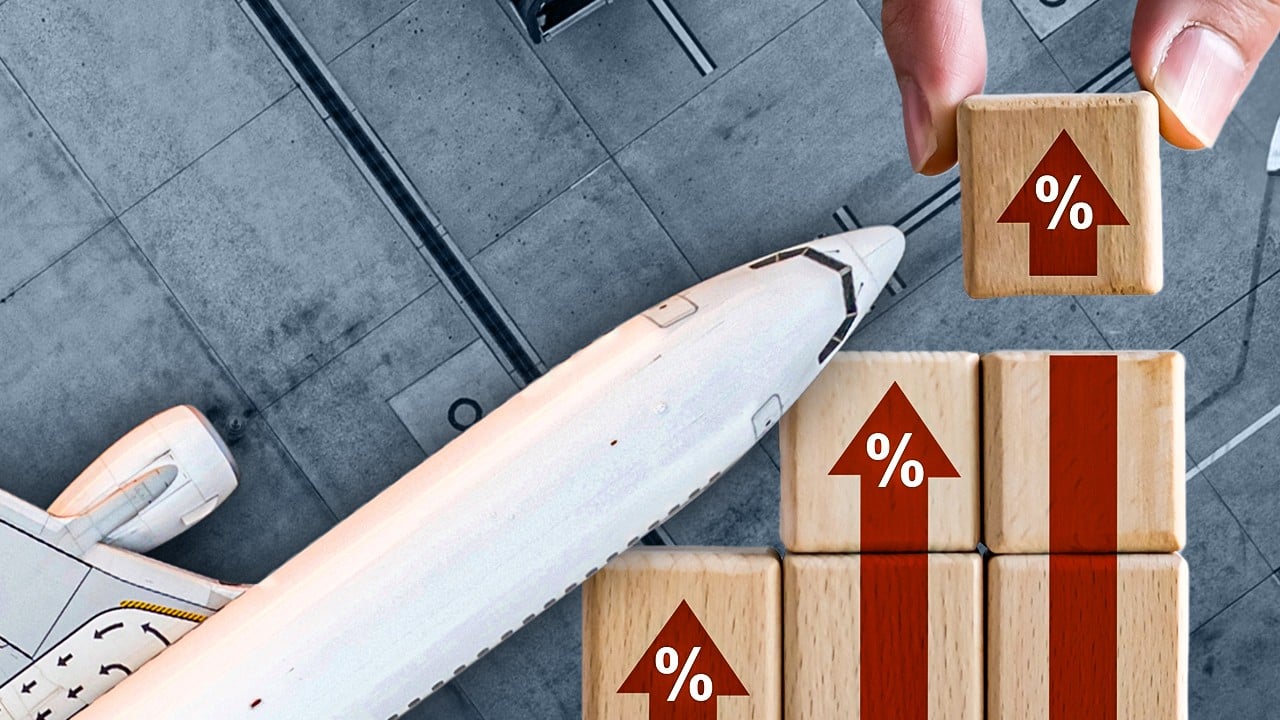
US-China flight increase can help boost tourism, but will it heal bruised business and academic ties?
- The two sides agree to make air travel easier but negative feelings and espionage concerns in industry circles will be hard to overcome, observers say
- Restrictions in science and tech fields and American election politics also cast shadow over exchanges, according to analyst
The number of weekly Chinese passenger flights permitted to fly to the US will increase from the current 12 to 18 starting on September 1. The number will rise to 24 in late October.
China and US give the green light to double flights
He noted that the business community had aired concerns over China’s strict Covid-19 curbs and the move would allow them to have “normal exchanges”.
“It will facilitate greater communication and it’ll be more conducive for people-to-people and cultural exchanges,” he said.
Alfred Wu, an associate professor at the National University of Singapore’s Lee Kuan Yew School of Public Policy, said the increase in passenger flights likely stemmed from “bottom-up pressure”.
He noted that both governments had been under growing pressure, including from Chinese citizens living in the US who wanted greater flexibility when it comes to travel.
While the development was viewed as a rare sign of cooperation between the two rival nations, Wu said it did not mean that US-China relations were on the mend.
“Both sides are still trying to manage relations. We cannot overestimate the impact [of this policy],” he said.
“I don’t have high hopes that there will be high-quality exchanges on a diplomatic level or for academics. This part is still very difficult,” he said.
He added that some academic and business circles in the US had increasingly negative views of China, and the same was true for those in the mainland and their attitudes towards the US.
“Domestically, sentiments towards each other are still not good. People are worried that their meetings in China could be viewed as something suspicious,” he said, adding that recent polls indicated that Americans had very unfavourable views of China.
Wu said Beijing had ramped up its “propaganda efforts” about Washington jeopardising its interests, stoking stronger nationalistic sentiments domestically.
The Chinese government also appeared to target foreign consultancy firms in a wave of espionage investigations, which would not bring confidence to American investors looking to visit China, he added.
The US National Counterintelligence and Security Centre had earlier warned that American firms and individuals in China could face penalties for “traditional business activities that Beijing deems acts of espionage or for actions that Beijing believes assist foreign sanctions against China”.
Wu said some in the business and academic communities were cautious that they would fall victim to China’s sweeping rules. He added that it was “very difficult to change such sentiments overnight”.
Even though increased passenger flights could help boost exchanges between the two world powers, Wang from Renmin University said there were other obstacles that could stand in the way.
“People-to-people exchanges can be considered a barometer of US-China relations,” he said.
“Although [Chinese President Xi Jinping] has repeatedly stressed that US-China friendship is rooted in the people and lies in the youth, people-to-people exchanges are greatly affected by politics.”


